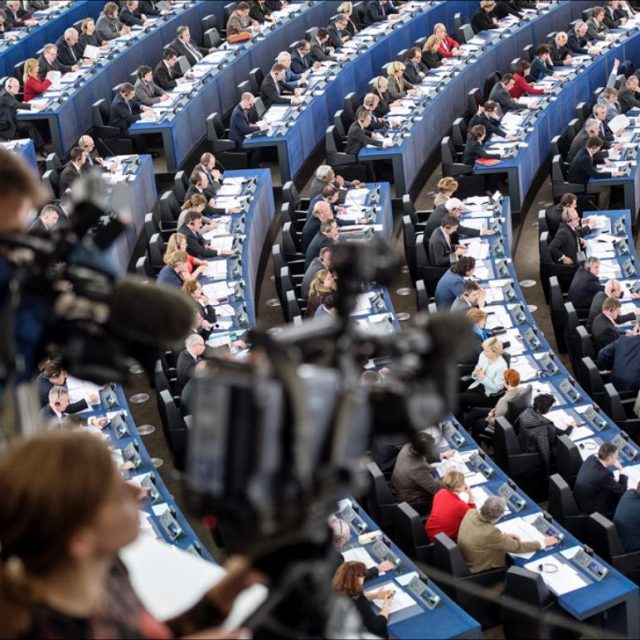Photo by Nati Melnychuk on Unsplash
The EU-New Zealand trade agreement has taken a big step towards ratification, with the Commission sending it to Council for signature.
Sending the draft decisions to the Council on the signature and conclusion of the agreement is a major step.
Once the Council gives its green light, the EU and New Zealand can sign the agreement and it can be sent to the European Parliament for its consent.
Following approval, the deal can enter into force.
The agreement is expected to deliver major gains for the EU.
Bilateral trade is expected to grow by up to 30% thanks to this deal, with EU annual exports potentially growing by up to €4.5 billion. EU investment into New Zealand has a potential to grow by up to 80%. The deal can cut some €140 million a year in duties for EU companies from the first year of application.
Open trade is one of the four pillars of the EU’s Green Deal Industrial Plan announced by President von der Leyen on 1 February 2023, and this agreement will make a contribution. Once in force, it will help make the EU economy greener, more competitive and more resilient.
The agreement will provide new opportunities for businesses by:
- Eliminating all tariffs on EU exports to New Zealand;
- Opening the New Zealand services market in key sectors such as financial services, telecommunications, maritime transport and delivery services;
- Ensuring non-discriminatory treatment to EU investors in New Zealand and vice versa;
- Improving access for EU companies to New Zealand government procurement contracts for goods, services, works and works concessions;
- Facilitating data flows, predictable and transparent rules for digital trade and secure online environment for consumers;
- Preventing unjustified data localisation requirements and maintaining high standards of personal data protection;
- Helping small businesses export more through a dedicated chapter on small and medium enterprises;
- Significantly reducing compliance requirements and procedures to allow for quicker flow of goods;
- Significant commitments by New Zealand to protect and enforce intellectual property rights, aligned with EU standards.
EU farmers will, according to the EC, have much better opportunities to sell their produce in New Zealand immediately upon application of the agreement. Tariffs will be eliminated as of day one on key EU exports such as pigmeat, wine and sparkling wine, chocolate, sugar confectionary and biscuits.
EU farmers will see benefits beyond the tariff cuts. The Agreement will protect the full list of EU wines and spirits (close to 2000 names) such as Prosecco, Polish Vodka, Rioja, Champagne and Tokaji. In addition, 163 of the most renowned traditional EU products (Geographical Indications), such as Asiago, Feta, Comté or Queso Manchego cheeses, Istarski pršut ham, Lübecker Marzipan, Elia Kalamatas olives will be protected in New Zealand.
The agreement, says the EC, takes into account the interests of EU producers of sensitive agricultural products: several dairy products, beef and sheep meat, ethanol and sweetcorn.
For these sectors, there will be no liberalisation of trade. Instead, the agreement will allow zero or lower tariff imports from New Zealand only in limited amounts (through so-called Tariff Rate Quotas).




